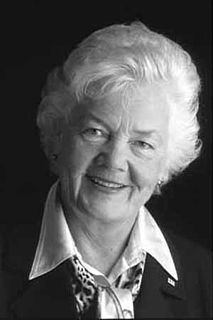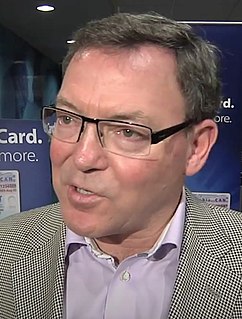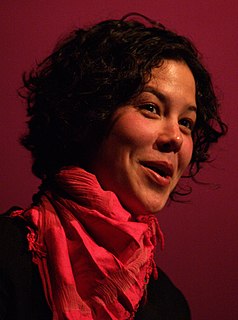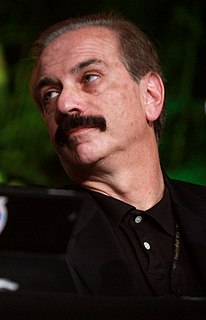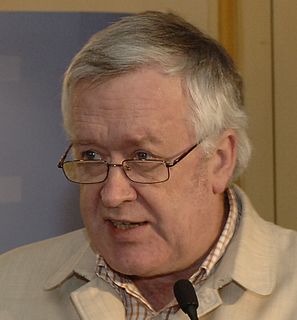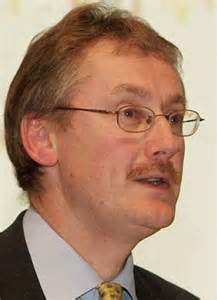A Quote by Astrid Nøklebye Heiberg
Climate change is no longer a doomsday prophecy, it's a reality.
Related Quotes
Despite the international scientific community's consensus on climate change, a small number of critics continue to deny that climate change exists or that humans are causing it. Widely known as climate change "skeptics" or "deniers," these individuals are generally not climate scientists and do not debate the science with the climate scientists.
It is certainly true that conservative Christians are much more likely to doubt the reality of climate change than mainline Christians or the unaffiliated. But when we control for political affiliation and for the important role of thought leaders in determining our opinions on social issues such as climate change, most of the faith-related bias disappears.
We can no longer completely avoid anthropogenic climate change. At best, limiting the temperature rise to two degrees is just about possible, according to optimistic estimates. That's why we should spend more time talking about adjusting to the inevitable and not about reducing CO2 emissions. We have to take away people's fear of climate change.
...the world needs to face up to the challenge of climate change, and to do so now. It is clear that climate change poses an urgent challenge, not only a challenge that threatens the environment but also international peace and security, prosperity and development. And as the Stern report showed, the economic effects of climate change on this scale cannot be ignored, but the costs can be limited if we act early
Now it is the least developed world who are not responsible for this climate change phenomenon that bore the brunt of climate change consequences so it is morally and politically correct that the developed world who made this climate change be responsible by providing financial support and technological support to these people.
